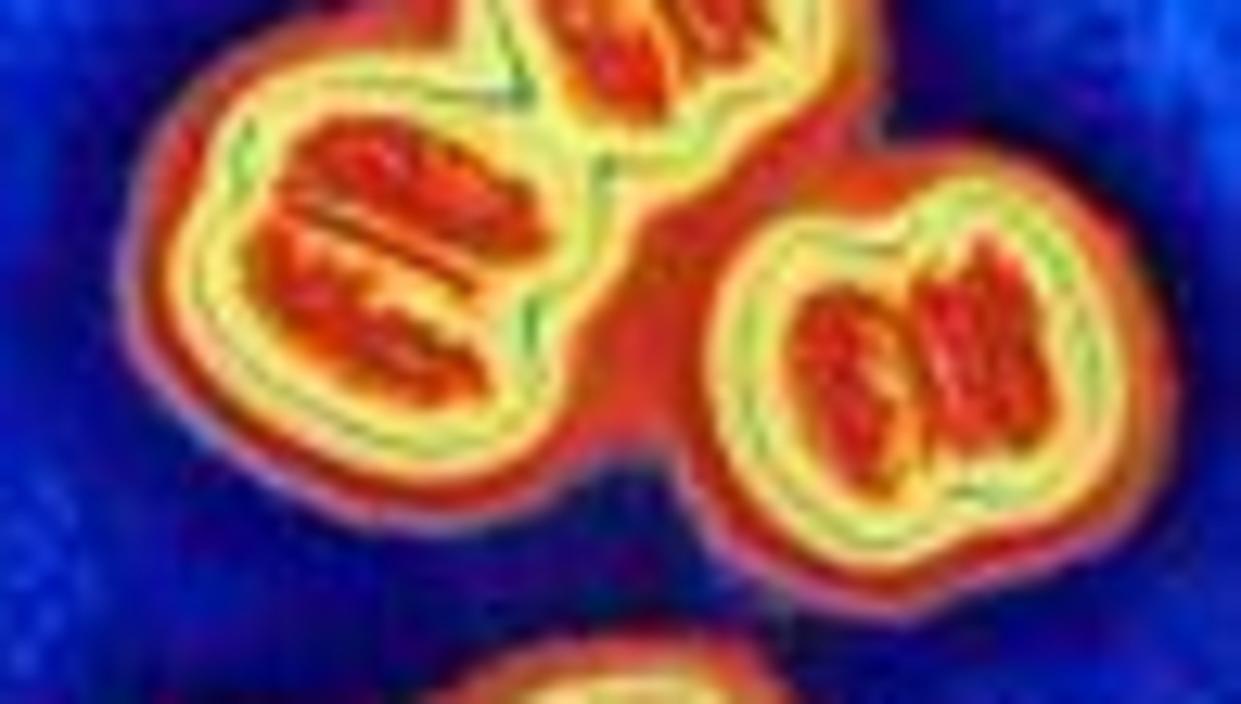Child in hospital with meningococcal

Two people, including a child, are recovering in hospital after becoming infected with the potentially deadly meningococcal disease.
Western Australia’s Health Department reports the pair have been diagnosed with serogroup B.
Authorities do not release further details about the individuals for privacy reasons.
Meningococcal disease is an uncommon but life-threatening illness caused by a bacterial infection of the blood and/or the membranes that line the spinal cord and brain and sometimes other areas such as the throat, lungs or large joints.
Nine cases have been reported in WA this year, including eight serogroup B infections and one serogroup Y.
Last year, 18 meningococcal cases were reported and there were no deaths.

There are two types of meningococcal vaccine, with one protecting against serogroups A, C, W and Y and the other protecting against serogroup B.
Many people in the community are eligible for free vaccinations, including children.
Meningococcal bacteria is present in droplets from the nose and throat when sneezing or coughing, but it is not spread by saliva and does not survive more than a few seconds in the environment.
It’s carried harmlessly by up to 20 per cent of the population at any time.
Sometimes symptoms of infection include a spotty red-purple rash, but it is not always the case.
Other symptoms can include a fever, chills, headache, neck stiffness, nausea and vomiting, drowsiness, confusion, and muscle and joint pain.
The health department said the disease was treated with antibiotics but the infection could spread very rapidly, so ill people should seek urgent medical attention.
Up to 10 per cent of patients died from the infection and about 15 per cent experienced long-term complications such as hearing loss, limb amputations or brain damage, the department added.

 Yahoo Lifestyle
Yahoo Lifestyle 
